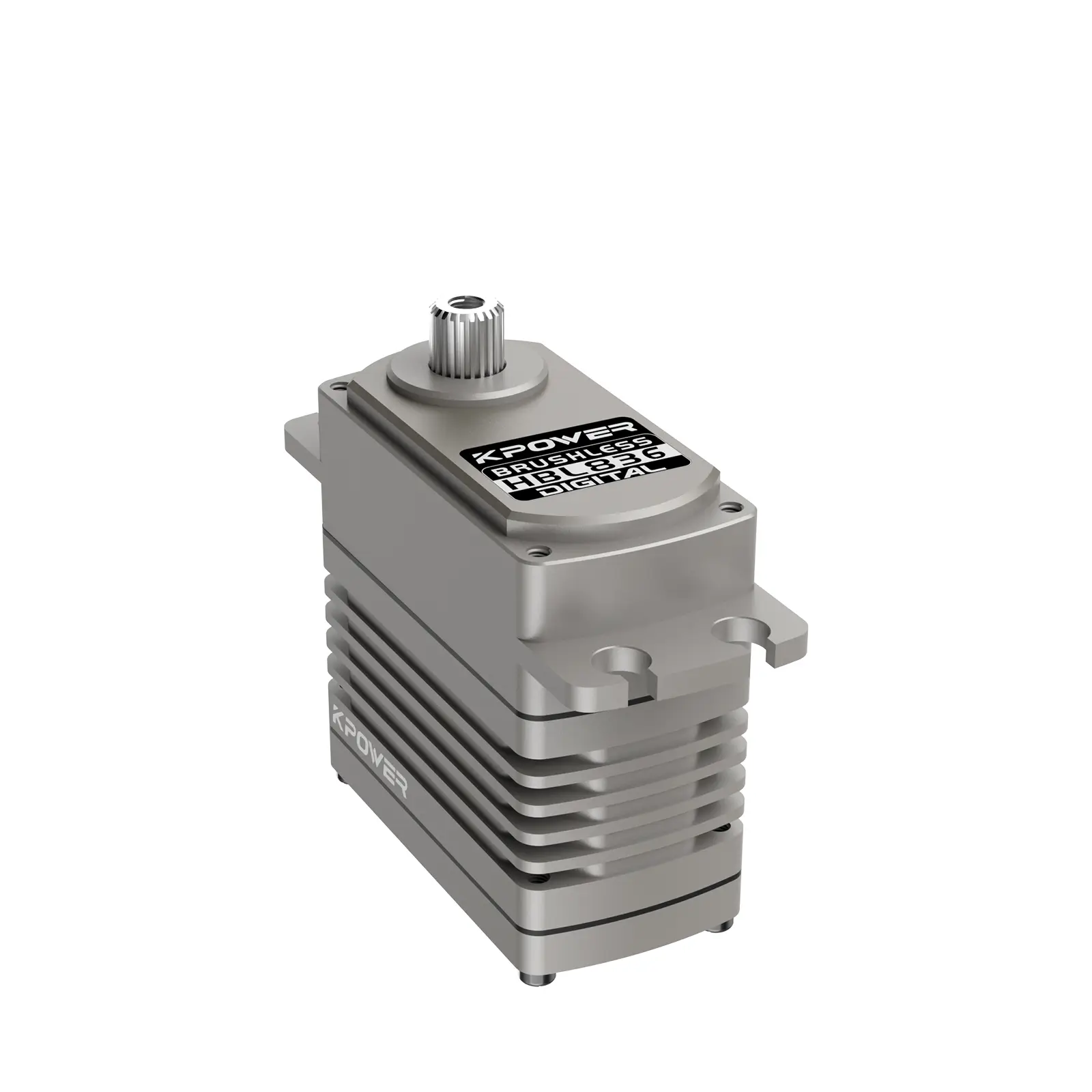In the rapidly evolving landscape of automation and robotics, the demand for highly precise, reliable, and durable motors continues to surge. Among the myriad of options available, the metal gear motor with encoder stands out as a foundational component that bridges power, durability, and accuracy—making it a favorite among engineers, developers, and manufacturers alike.

Understanding the Basics: What Is a Metal Gear Motor with Encoder?
At its core, a metal gear motor with encoder combines a high-torque metal gear reduction system with an integrated encoder that precisely measures the motor’s position, speed, and direction. The metallic gears are typically constructed from durable alloys that withstand substantial loads and harsh environments, ensuring longevity and consistent performance.
The encoder, a compact device usually attached to the motor shaft or gear train, converts mechanical movement into electrical signals that can be interpreted by control systems. When paired together, the system provides real-time feedback, enabling sophisticated control strategies such as closed-loop control or PID (Proportional-Integral-Derivative) regulation.
The Appeal of Metal Gears
Why opt for metal gears over plastic or composite gears? The answer lies in their strength and resilience. Metal gears are capable of transmitting higher torque levels, enduring more rigorous wear and tear, and maintaining their shape and efficiency over extended periods of operation. This makes them particularly suitable for applications where durability and robustness are paramount—think industrial robots, CNC machines, or heavy-duty conveyor systems.
Furthermore, metal gears typically allow for more precise gear ratios and smoother operation, reducing backlash (slack or lost motion), which translates into better positional accuracy. They also tend to generate less heat due to their better heat dissipation properties, an essential factor when operating under continuous or high-load conditions.
Encoders: The Heartbeat of Precision
While the metal gear provides strength and torque, the encoder supplies the vital data needed for precise motion control. Encoders come in various types—incremental, absolute, optical, magnetic—and each serves different levels of complexity and accuracy.
Incremental encoders produce signals that indicate movement; however, they do not track the absolute position without an initial reference point. They are suitable for applications where relative movement is enough, such as conveyor belts or simple rotation measurements.
Absolute encoders, on the other hand, give a unique position value each time the motor is powered on, making them crucial for tasks requiring exact positional data, like robotic arms and CNC machine axes. They are typically more complex and costlier but indispensable where accuracy is non-negotiable.
Synergy in Motion Control
The combination of a metal gear motor with an encoder is not just about powering mechanical components but about enabling intelligent, adaptive systems. Modern control systems interpret encoder signals in real-time, adjusting motor commands dynamically, leading to smoother motion, fault detection, and improved efficiency.
For example, in robotics, this synergy allows for precise joint control and repeatability, which is critical for tasks like assembly, surgical operations, or delicate handling. In industrial automation, it contributes to minimizing errors, reducing downtime, and enhancing throughput.
Design Considerations
Choosing the right metal gear motor with encoder involves multiple factors:
Torque requirements: High-torque applications demand robust gearboxes and strong encoders. Speed ranges: Application-specific speed needs influence gear ratios and motor selection. Environmental conditions: Exposure to dust, moisture, or chemicals guides enclosure and sealing choices. Size constraints: Compact designs for tight spaces might require custom solutions. Control system compatibility: Ensuring the encoder signals can interface seamlessly with existing controllers.
Advancements in materials science and electronics continue to push the boundaries of what these motors can achieve. Innovations such as hybrid gear systems, high-resolution encoders, and integrated drive controls make these motors more versatile and accessible than ever before.
Applications Across Industries
From precision manufacturing to autonomous vehicles, metal gear motors with encoders are everywhere. Here’s a quick look at some key applications:
Robotic arms and automation cells: Precise joint control for assembly, welding, or packaging. CNC machines: Accurate positioning for milling, cutting, and drilling. Medical equipment: Surgical robots and diagnostic devices demanding fine movements. Aerospace and defense: Actuators and control surfaces requiring reliability in challenging environments. Home automation: Smart locks, curtain motors, and other IoT devices.
Looking Ahead: The Future of Metal Gear Motors with Encoders
As technology progresses, so does the potential of these motors. Trends such as miniaturization, integration of smart sensors, wireless communication, and energy-efficient designs will shape the next generation of motion control solutions. The ability of these motors to deliver high performance in compact, rugged packages makes them central to the intelligent machinery of tomorrow.
In our next installment, we will explore specific case studies, emerging innovations, and tips for selecting and maintaining the perfect metal gear motor with encoder for your project. Stay tuned for a deeper dive into how these components can elevate your automation game to new heights.
Established in 2005, Kpower has been dedicated to a professional compact motion unit manufacturer, headquartered in Dongguan, Guangdong Province, China.




































